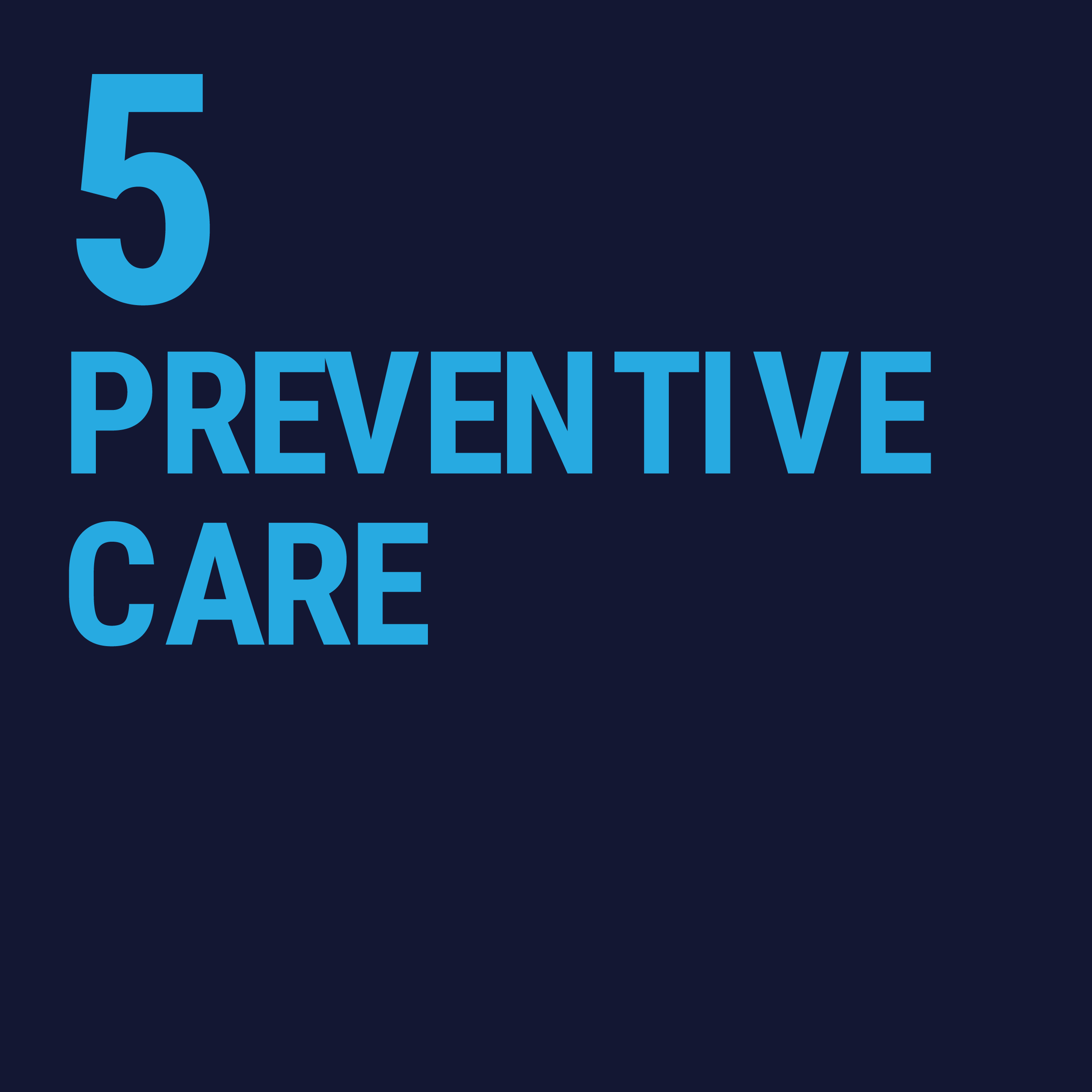4 EMPOWERED HEALTHCARE
Wearable technology is changing healthcare by empowering patients to take a more active role in their health through delving into their underlying metabolism and receiving personalized insights.
Upstream curated this trend report for attendees of the HLTH USA 2024 conference on October 20-23. We believe these 7 healthcare trends are essential for enhancing outcomes for everyone. As experts in Human-Centered Design, we are excited to see these trends gain momentum and are committed to continuing our contributions to their growth.
Potential to support self-care
Wearable technology enables active health management.
Provide personalized insights into metabolism.
Linked to increased physical activity and reduced chronic disease risk.
Drive early disease detection.
Personalize treatment plans.
Inform discussions with care providers through real-time data sharing.
Many adoption challenges:
20% of fitness tracker owners abandon their devices within the first three months.
1 in 3 owners discontinue use within the first year.
Design goals for future ecosystems:
Design the whole experience around the device - including community support.
Integrate wearable data into traditional healthcare systems.
Stop firewalling customer’s health data from them.
Address data privacy and information overload.
Enable discretion through less passive devices, such as smart toilets, beds, or clothing.
Strategies to scale adoption of wearables
Engage customers and healthcare system stakeholders to create advocates, mutual wins, and ecosystems that provide continued value.
Why we’re excited:
While wearable devices can provide valuable insights that empower individuals to manage their health, many people stop using them soon after purchase.
This highlights the critical need for a human-centered design approach and proven behavioral change models to develop product ecosystems that work together to offer genuine value, seamlessly fit into customers' lives, and effectively motivate long-term healthy habits to achieve long-term wellness goals.








